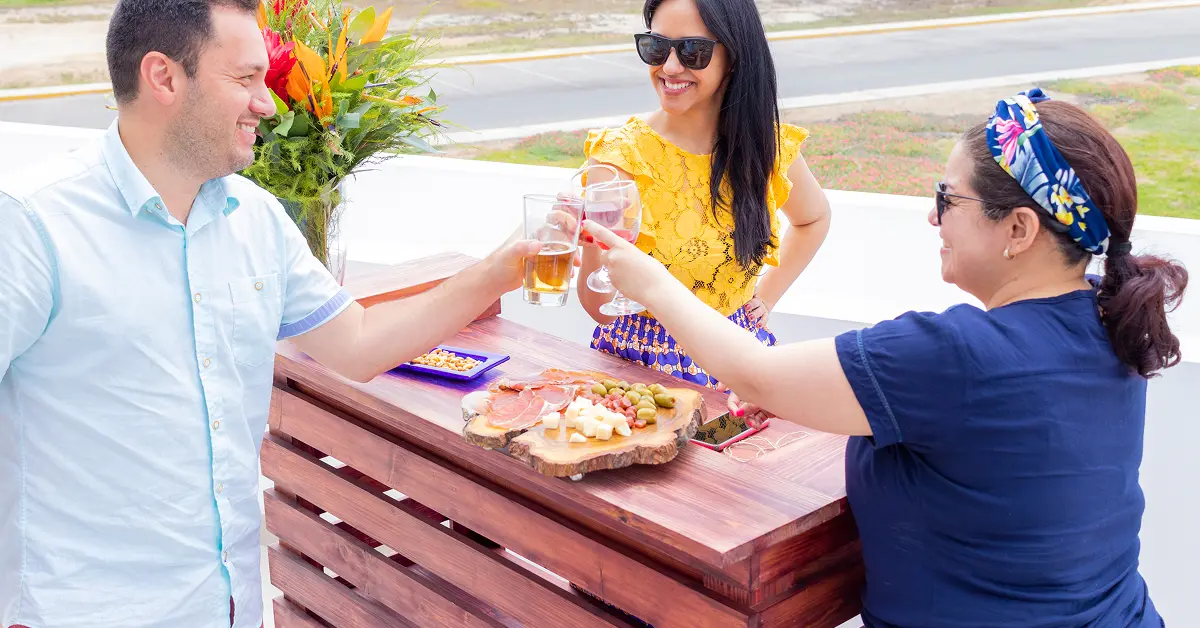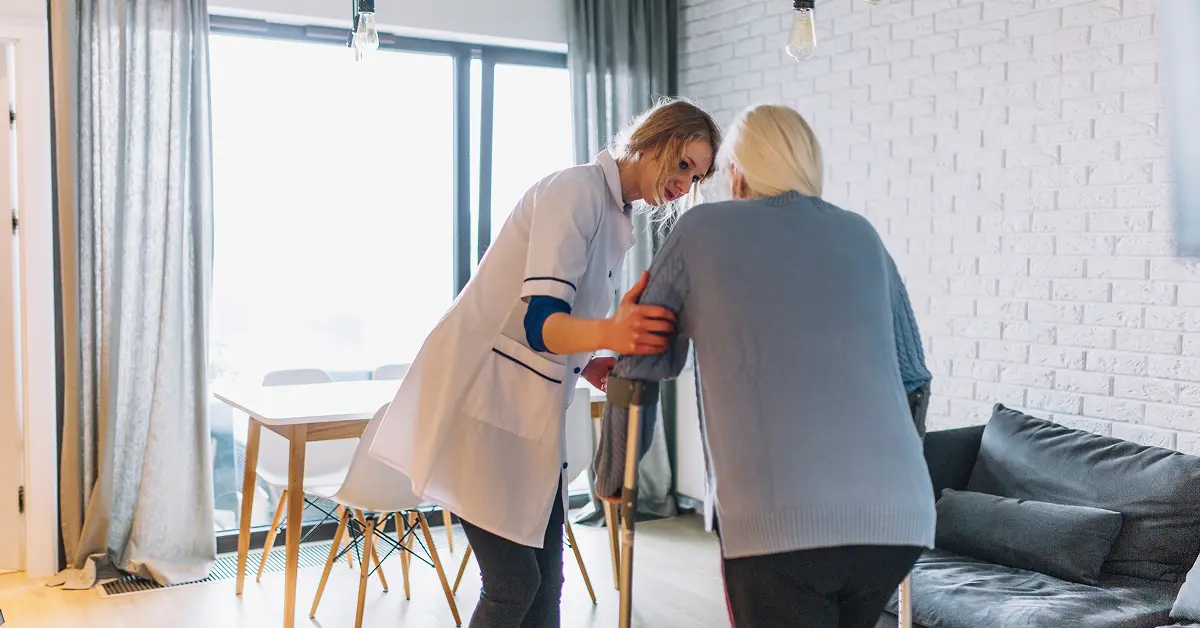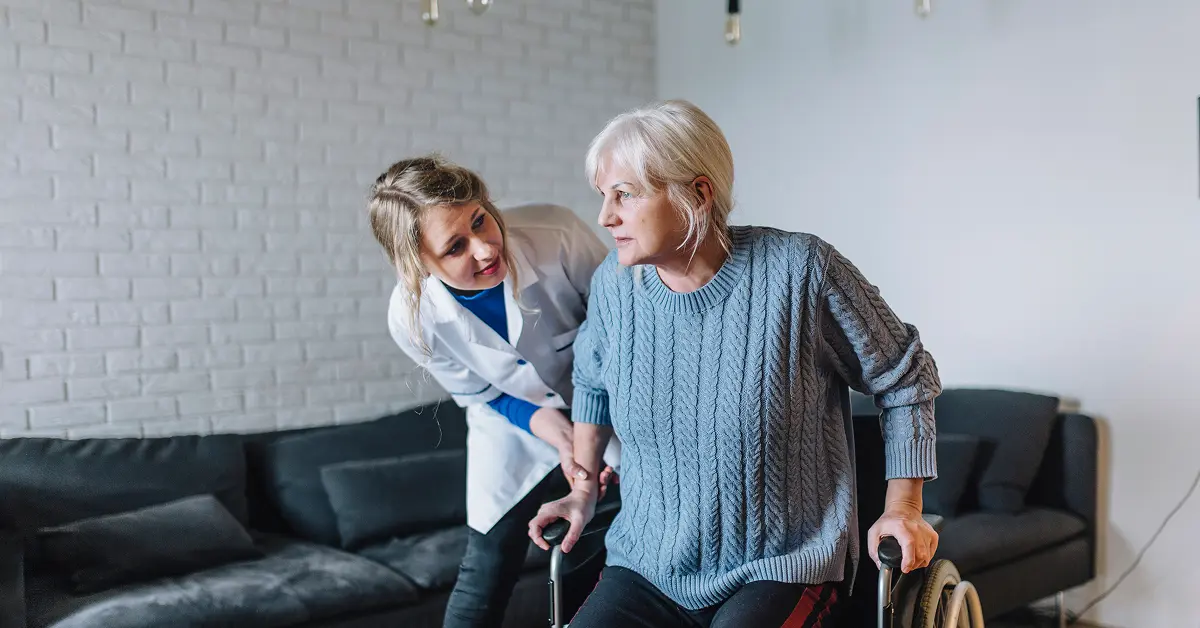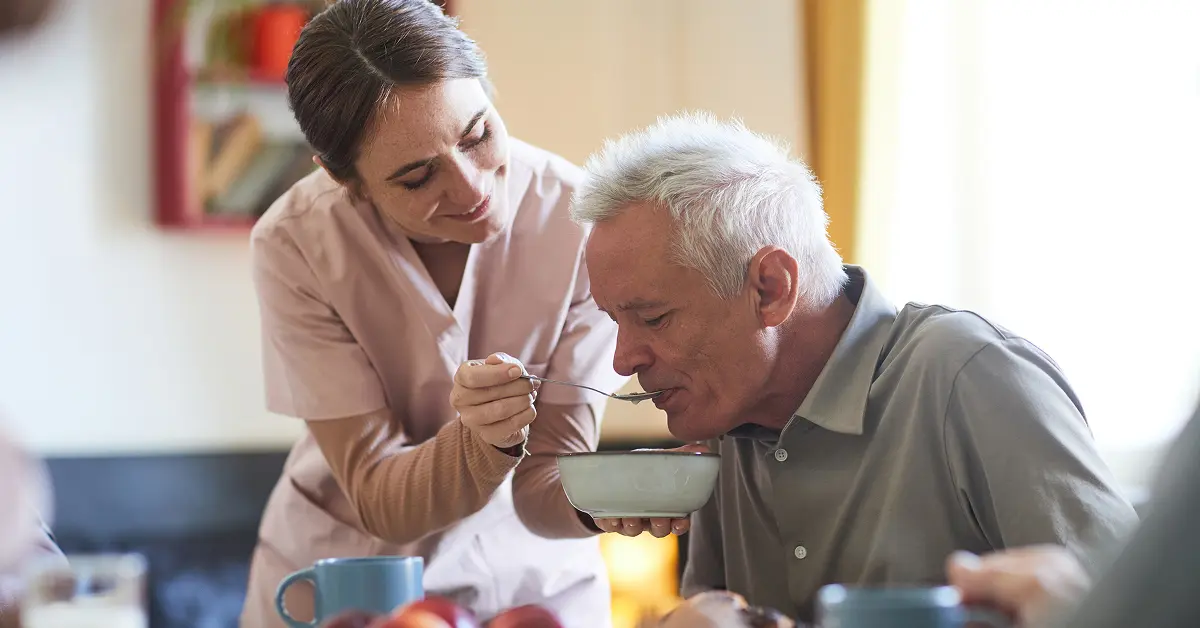Festivals and family events are times of celebration, togetherness, and cultural richness in India. Whether it’s Diwali, Holi, a family wedding, or a milestone birthday celebration, these moments are filled with joy and emotion. However, for families caring for elderly parents, individuals with chronic illnesses, or those with mobility limitations, these joyous occasions come with the added challenge of managing travel care needs.
Ensuring a safe, comfortable, and inclusive travel experience for your loved ones is possible with the right preparation. Here’s a comprehensive guide to help families in India effectively plan and manage care during festive travel and family functions.
Understanding Individual Care Needs
The first step is to assess the specific care requirements of the person traveling. These may include:
- Mobility assistance (wheelchairs, walkers, ramps)
- Medication schedules
- Dietary restrictions
- Incontinence care
- Mental health or cognitive support (especially in cases of dementia)
- Medical device needs (oxygen, glucose monitors, etc.)
Consult Healthcare Providers
Before making travel arrangements, consult the individual’s primary doctor or care team. They can:
- Provide a health clearance for travel.
- Suggest modifications to medication timing.
- Recommend emergency medications or first-aid kits.
- Offer advice on travel insurance or medical alert devices.
If travel involves air or train journeys, a medical certificate might be required by certain carriers in India.
Choose Travel Options Wisely
When booking travel, prioritize comfort and accessibility over convenience or cost.
Train Travel
- Opt for lower berths in AC compartments.
- Use railway assistance services for boarding help.
- Book early for senior citizen concessions.
Air Travel
- Notify the airline about special assistance needs.
- Request wheelchair services at the airport.
- Keep essential medicines in cabin baggage.
Road Travel
- Choose spacious vehicles with easy entry.
- Plan frequent breaks for rest and bathroom use.
- Carry snacks, water, and emergency numbers.
Pack Smart and Thoughtfully
Packing for care-focused travel isn’t just about clothes and toiletries. Include the following:
- Medication box with alarms/reminders
- Doctor’s prescription and health summary
- Medical ID card (name, condition, emergency contacts)
- Adult diapers or hygiene supplies
- Lightweight blankets, neck pillows, or back supports
- Snacks suited for dietary needs (sugar-free, low salt)
- Portable medical equipment, if required
Arrange Support at the Destination
Once you arrive at the destination—be it a relative’s house or a hotel—ensure the space is senior- or patient-friendly:
- Ground-floor accommodation or elevator access
- Clean bathrooms with grab bars
- Quiet room for rest away from loud festivities
- Nearby pharmacy or hospital access
If staying for multiple days, consider hiring a temporary caregiver locally.
Maintain a Flexible Schedule
Festivals and weddings often have packed timetables. Plan for:
- Short participation windows
- Breaks between events
- Quiet retreat spots
- Alternative food options during feasts
Always prioritize rest and comfort over social expectations.
Encourage Emotional Involvement
Many elders or patients feel left out or burdensome during such events. Help them feel included by:
- Letting them help in small preparations
- Video calling them during live events
- Arranging a family photo or prayer session where they are central
- Sharing photos and updates
Emergency Preparedness
Prepare for unexpected medical needs by:
- Saving hospital contact numbers near the event
- Keeping a list of emergency medications and allergies
- Ensuring family members are aware of care routines
- Having travel insurance or health coverage documents handy
Delegate Responsibilities
Caring while participating in celebrations can be overwhelming. Share the load by:
- Assigning a primary caregiver per day
- Using reminder apps or group chats
- Asking younger family members to help
Post-Event Recovery
After the celebrations:
- Visit the doctor for a check-up
- Focus on rest, rehydration, and sleep routines
- Return to their normal care schedule
- Discuss and reflect on what they enjoyed
Final Thoughts
Traveling with elders or patients during Indian festivals or family gatherings doesn’t have to be stressful. With detailed planning, open communication, and supportive family coordination, these moments can become cherished memories for everyone.
As India’s caregiving culture evolves, it’s possible to blend tradition with compassion, ensuring that no loved one is left behind during times of celebration.
Contents
- Understanding Individual Care Needs
- Consult Healthcare Providers
- Choose Travel Options Wisely
- Pack Smart and Thoughtfully
- Arrange Support at the Destination
- Maintain a Flexible Schedule
- Encourage Emotional Involvement
- Emergency Preparedness
- Delegate Responsibilities
- Post-Event Recovery
- Final Thoughts
Our 24*7 services
Latest Posts
- What Is Respite Care and Why Is It Important
- Affordable home care for senior citizens in India
- Caring for Seniors with Dementia or Alzheimer's at Home
- Senior Caregiving A Guide for Every Family
- How to Write a Caregiver Resume That Gets You Hired
- How Care After Hospital Discharge Speeds Up Recovery at Home
- How to Get Home Health Care for Seniors Through Medicare
- What Does a Senior Citizen Caregiver Really Do at Home
- How to Care for Elderly Parents with Alzheimer’s or Dementia
- How to Get 24-Hour Care for Seniors at Home



